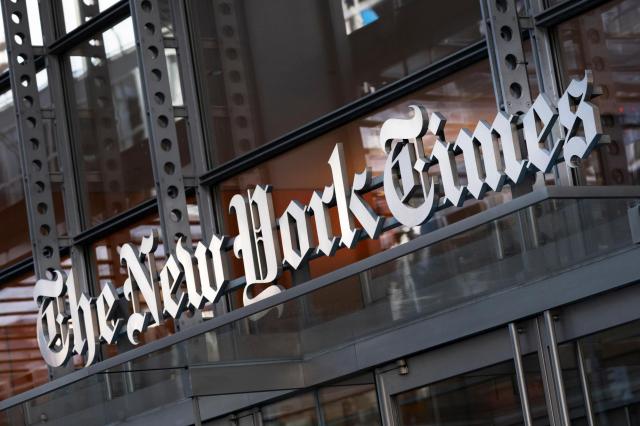The federal lawsuit brought forth by The New York Times against OpenAI and Microsoft aims to cease the practice of training AI bots using the newspaper’s published articles. The Times contends that both Microsoft and OpenAI are illicitly using its content to create AI products that directly compete with the newspaper, thereby undermining its ability to provide quality services. Despite the legal action taken, there has been no official response from Microsoft and OpenAI regarding these allegations.
In today’s digital landscape, the shift of readers to online platforms has had a profound impact on traditional media outlets, with AI technology posing an additional challenge to the industry. Companies specializing in AI extract data, including articles from news organizations, to enhance their AI models, attracting significant investments in the process.
The lawsuit filed by The New York Times aims to hold Microsoft and OpenAI responsible for the alleged unauthorized use of its valuable content, citing substantial financial and reputational harm suffered. The complaint underscores the exploitation of The Times’ substantial investments in journalism without appropriate compensation or consent.
While OpenAI has established agreements with other media organizations, such as The Associated Press, to access news archives for AI development, The New York Times asserts that it has not authorized any party to utilize its content for AI purposes.
This legal conflict arises following unsuccessful attempts by The Times to engage in dialogues with Microsoft and OpenAI concerning the safeguarding of its intellectual property and fair compensation for the use of its content. The newspaper has stressed the significance of ensuring a fair exchange of value, nurturing a sustainable news environment, and supporting the ethical advancement of AI technology for societal welfare and public enlightenment.
Despite these endeavors, the impasse in discussions has led The New York Times to pursue legal recourse against Microsoft and OpenAI, alleging violations of its rights and seeking restitution for the damages resulting from the unauthorized utilization of its content.






